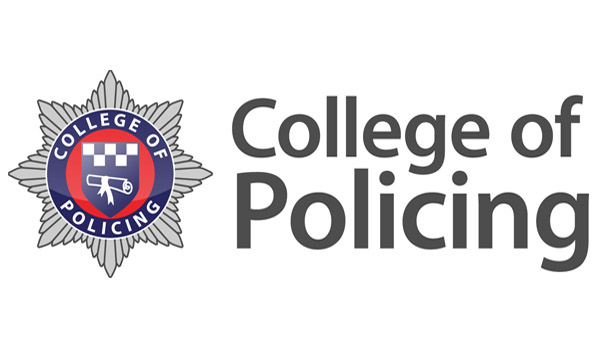Curriculum published to help forces introduce apprenticeship schemes next year
Policing apprenticeships could begin within the next ten months after forces were given the tools they need to start creating the courses.
Policing apprenticeships could begin within the next ten months after forces were given the tools they need to start creating the courses.
The College of Policing published the curriculum for its police constable degree apprenticeship programme on Monday (June 12) so forces can start creating the training courses with local universities.
The scheme, one of three new entry routes introduced under the Policing Education Qualifications Framework (PEQF), will see new officers taught about vulnerability and crime prevention while also gaining operational experience.
If conversations with universities proceed as planned, the college believes the apprenticeship courses could begin in April 2018 with some forces expected to start even earlier.
According to Ray Clare, head of curriculum and qualifications at the College of Policing, the new course will feature a greater breadth, depth and complexity of learning than current training.
What were trying to do is develop a curriculum for the professional education of the police officer in the 21st century, he told Police Professional.
The PEQF, unveiled last December, changes police recruitment so that applicants can take one of three entry routes: a policing degree apprenticeship; a practical policing degree; or a graduate conversion programme.
In response to concerns raised by staff associations, the college announced that forces will fund the apprenticeship programme and that participants will be paid during their time on the course.
The exact salary that apprentices will receive is still being reviewed by Chief Constable Francis Habgood, national lead for pay and reward.
The apprenticeship courses will span three years and successful participants training will be formally recognised with a degree in professional policing practice.
They will feature training on areas thought critical to effective 21st century policing, such as evidence-based policing, decision-making and discretion, risk and public protection, and criminality and crime prevention.
One of the major sections includes training apprentices to recognise vulnerable people and provide them with support.
Other development will focus on apprentices own wellbeing and they will be taught strategies to look after their own mental health.
Now the curriculum has been released, forces are expected to engage higher education providers through normal procurement channels to start developing their own degree-level apprenticeship courses.
The college expects the theory and learning aspects of the courses to be delivered by the universities, while forces maintain responsibility for operational training.
However, the option to deliver certain academic training in policing classrooms will also be available.
The exact split between academic and practical training has not been set Department for Education guidelines dictate that all apprenticeships must protect at least 20 per cent of course time for learning and development, but forces will be able to decide exactly how much time will be spent on operational learning.
The college will provide guidelines to ensure standardisation and consistency.
It has also issued a programme specification document setting out minimum requirements for forces and universities to adhere to.
We are very emphatic that this is not just about the theory of policing, explained Mr Clare.
Its about professional practice, and learning and professional practice are intertwined in the specifications within the curriculum.
Nothing is written in stone, except the curriculum sets the national standards for the entire degree on a three-year basis.
There are national learning outcomes that must be met for those degrees to be approved by the college.


